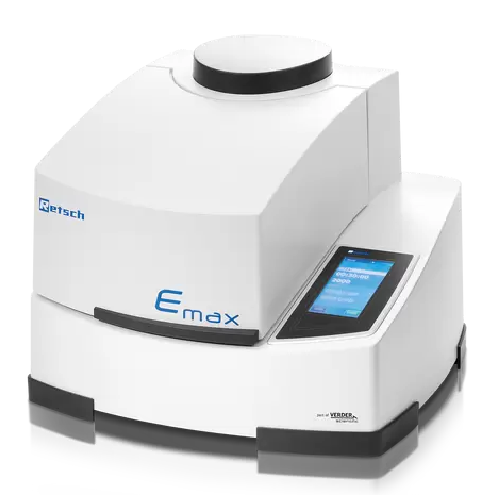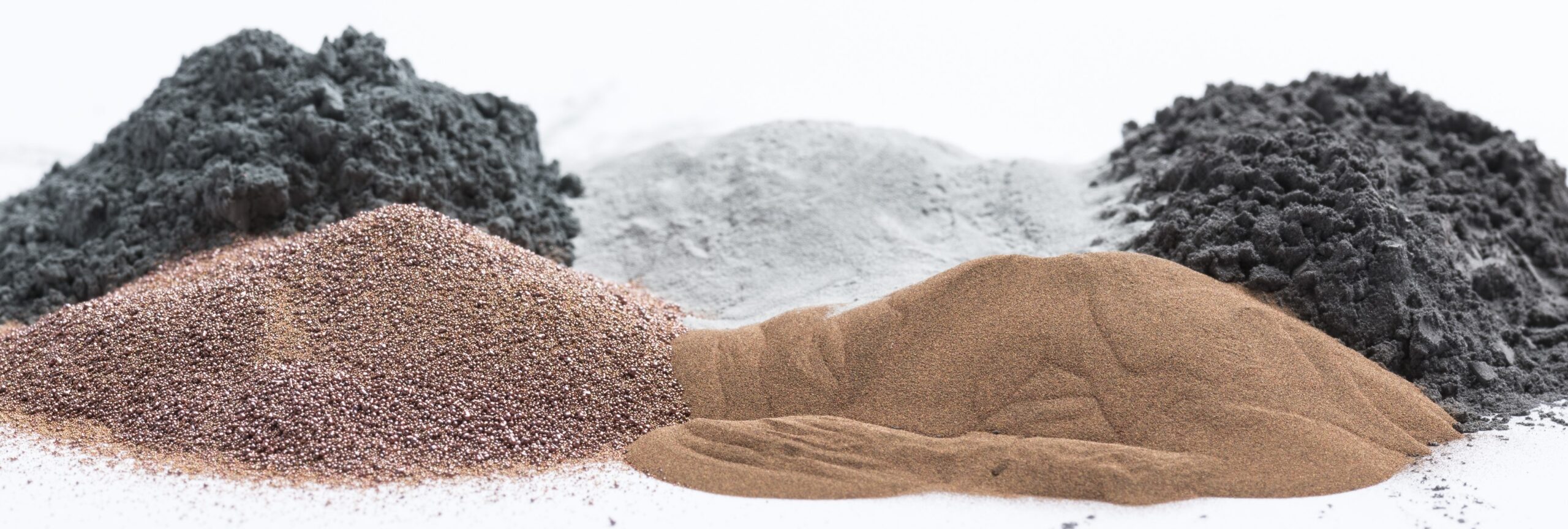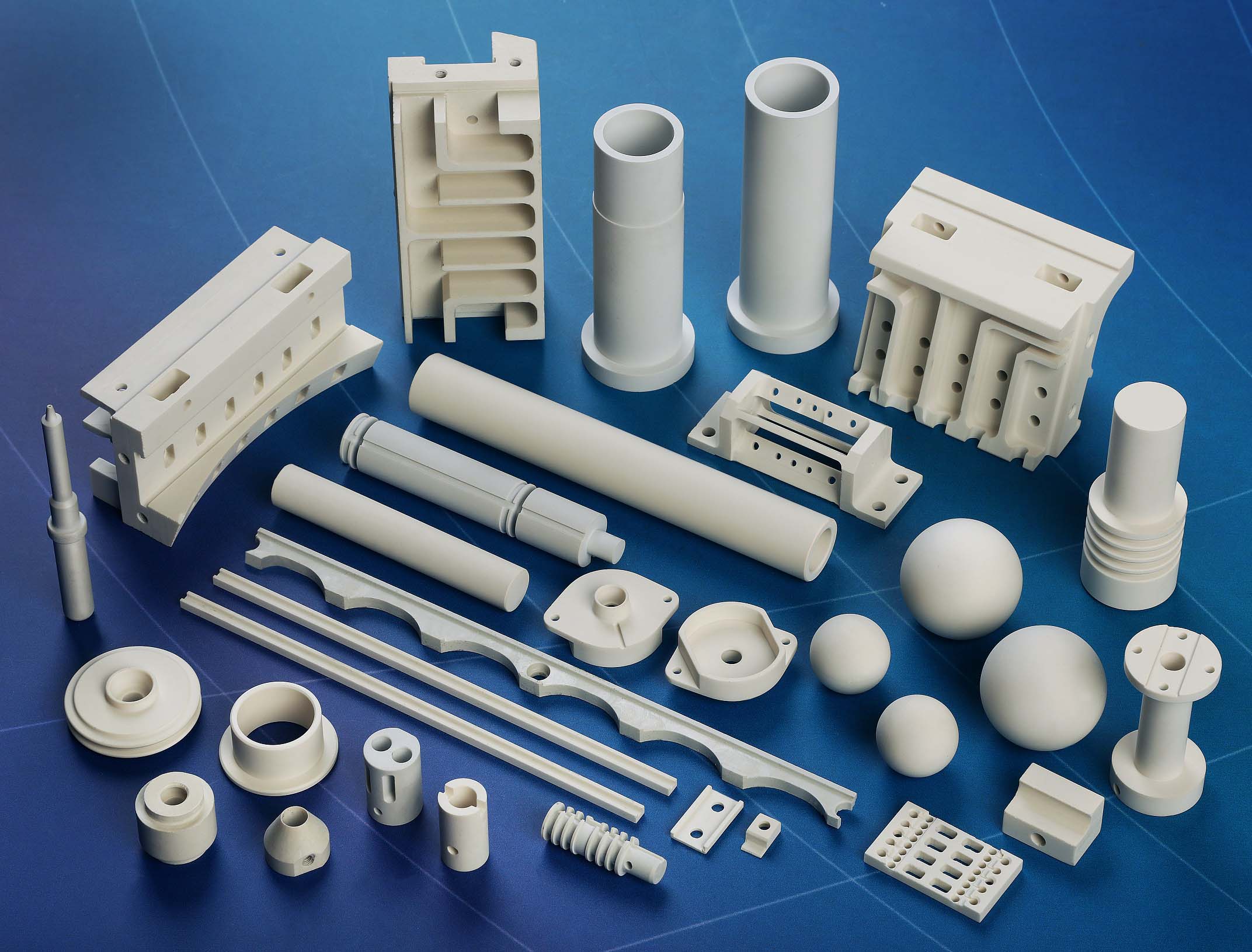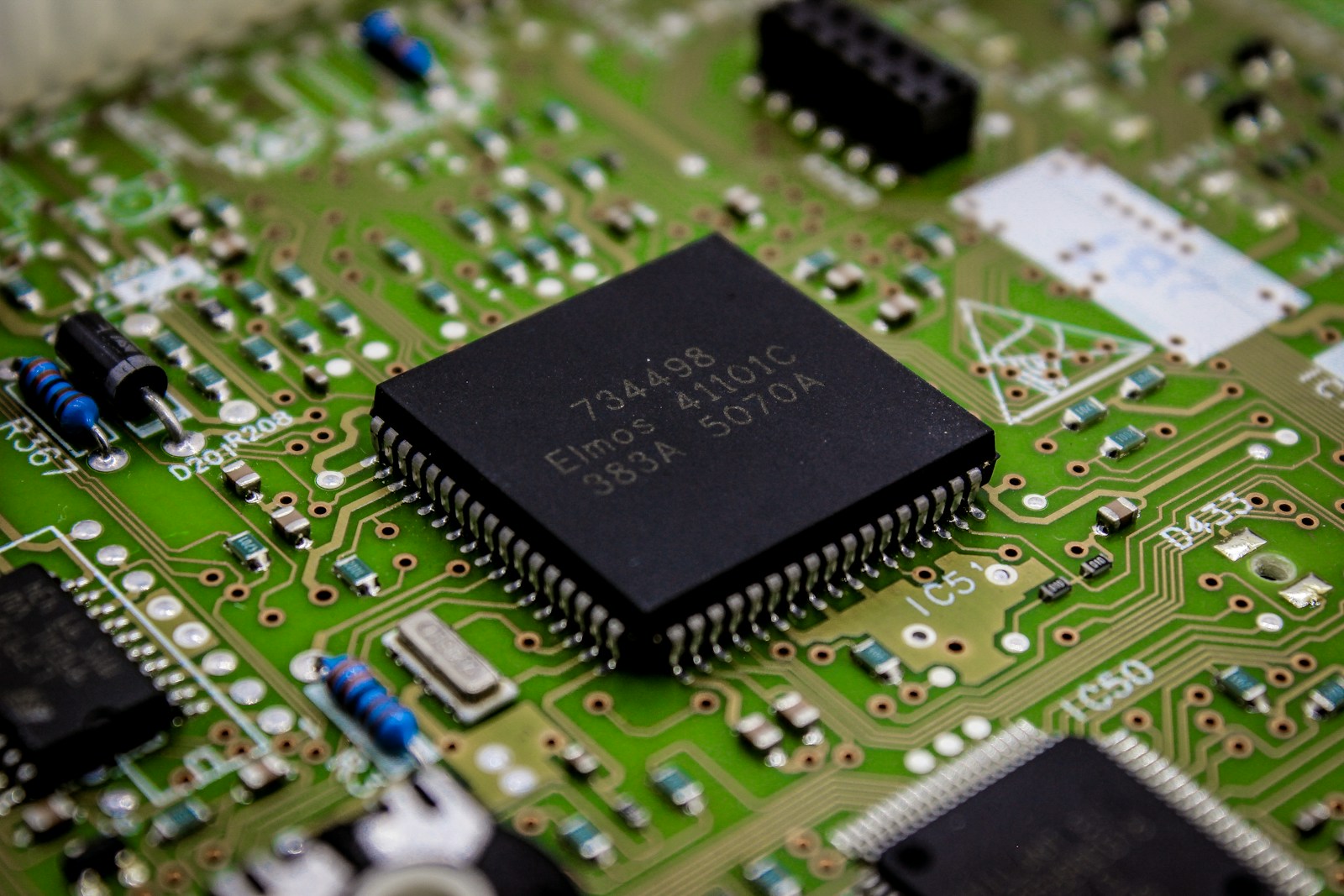High energy ball mill for ultrafine grinding
Achieve nanoscale precision and unmatched particle uniformity with high-energy ball mills, designed to deliver ultrafine grinding and continuous operation for research labs aiming to produce the next generation of advanced materials.

Grinds and Reduces Particle Sizes to Nanoscale
The High Energy Ball Mill Emax from Retsch GmbH stands out for its ability to achieve extraordinary grinding speeds, surpassing traditional milling methods by utilizing mechanical energy input to reach nanoscale particle sizes. Designed for applications requiring extreme fineness, it effectively supports research in fields like nanotechnology and material science by processing up to 2 x 45 ml samples continuously, facilitated by an innovative water cooling system. Its versatility allows for acceptance across various industries, such as pharmaceuticals and metallurgy, processing end-products like quantum dots and semiconductor materials with precision. Automation and bench-top operation make it ideal for laboratory settings, while optional GrindControl technology provides real-time monitoring of temperature and pressure inside the grinding jar to enhance process reliability.
Benefits
- Achieves nanoscale grinding, providing exceptional precision for advanced research applications.
- Enhances productivity with continuous operation and reduced processing times.
- Maintains process integrity with real-time monitoring of temperature and pressure.
- Minimizes energy consumption via efficient water cooling, lowering operational costs.
- Facilitates complex material preparation for a wide range of industries, including pharmaceuticals and nanotechnology.
- Applications
- Metal powders, Colloidal grinding, Mineral powders, Material science, Nanoscale grinding, Elemental analysis, Laboratory research, Particle characterization
- End products
- Advanced ceramics, Pharmaceutical suspensions, Semiconductor materials, Catalyst support materials, Pigment dispersions, Nanocomposites, Alloy powders, Quantum dots, Ceramic nanoparticles, Oxides for catalysis
- Steps before
- Grinding, Material Feeding, Sample Preparation
- Steps after
- Particle Analysis, Fineness Measurement, Sample Analysis
- Input ingredients
- material feed size <= 10 mm, material feed size <= 8 mm
- Output ingredients
- final fineness 0.08 µm, final fineness ~ 0.1 µm, final fineness ~ 5 µm, final fineness < 1 µm, colloidal grinding < 0.1 µm
- Market info
- Retsch is renowned for manufacturing high-quality laboratory equipment, specializing in milling, sieving, and assisting technologies for sample preparation and characterization, known for precision, reliability, and innovation in the scientific and industrial laboratory markets.
- Speed
- 2000 rpm
- Sample volume
- Up to 2 x 45 ml
- Final fineness
- 0.08 µm
- Vibrational frequency
- 3 - 35 Hz (180 - 2100 min-1)
- Material feed size
- <= 10 mm
- Pressure measurement
- 0-5 bar
- Temperature measurement
- -25 °C - +90 °C
- Grinding stations
- 2
- Speed ratio
- 1
- Working mechanism
- High energy ball milling
- Integrated steps
- Ultrafine grinding
- Batch vs. continuous operation
- Batch
- Automation level
- Manual / PLC
- Cooling method
- Water cooling
- Grinding speed
- Up to 2000 rpm
- Size reduction mechanism
- Vibration and centrifugal forces
- Density/particle size
- 0.5–2.5 g/cm³ / 50–1000 µm
- Feed method
- Material feed size <= 10 mm / <= 8 mm
- Discharge method
- Final fineness 0.08 µm / ~0.1 µm / ~5 µm
- Grinding station count
- 2
- Ergonomics
- Powerful, ergonomic
- Cooling system
- Water cooling permits continuous operation




